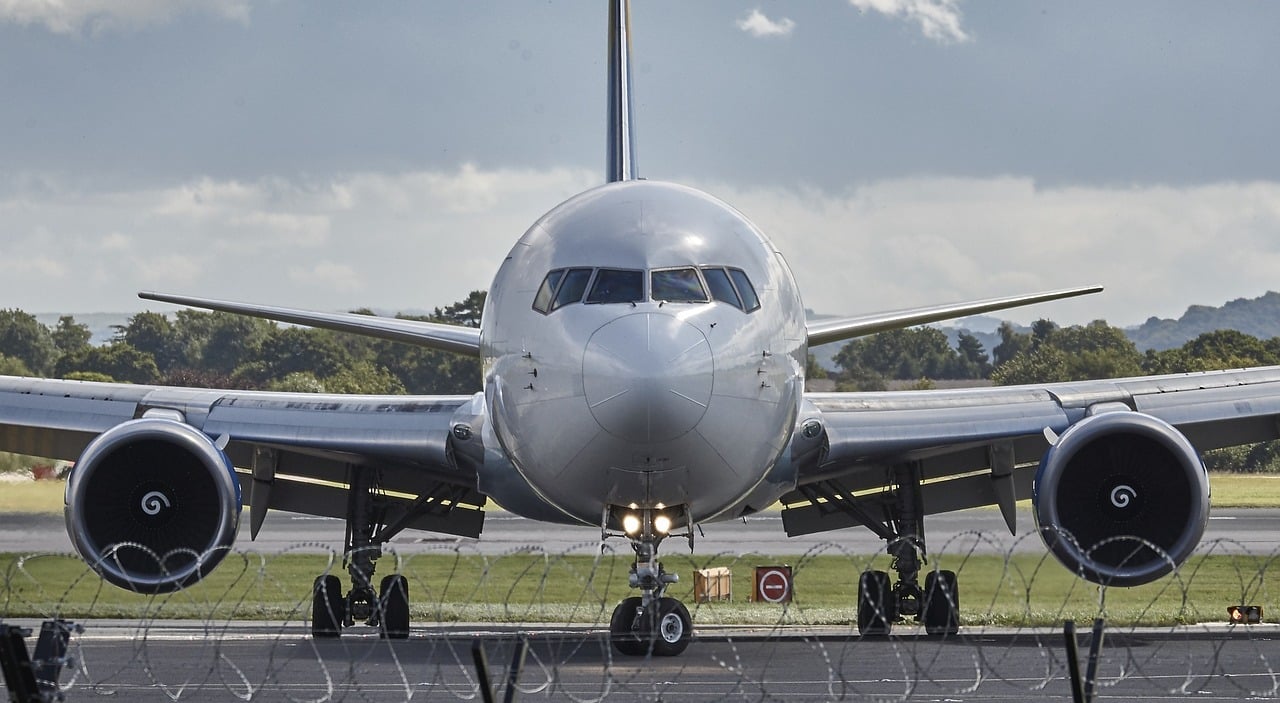While AT&T Inc (NYSE:T) and Verizon Communications Inc (NYSE:VZ) announced ambitious plans to deploy 5G services in the U.S., the airline industry has raised concerns about how this technology could impact operations and what to do to guarantee safety.
Q4 2021 hedge fund letters, conferences and more
Operational Safety Concerns
As reported by USA Today, airlines and shipping carriers raised concerns about how the 5G network could impact the safety of air operations. This prompted AT&T and Verizon to delay the rollout of the service within two miles of several airports in the U.S.
In a letter to the Federal Aviation Administration (FAA), the Federal Communications Commission (FCC), the DOT, and National Economic Council Director Brian Deese, companies said they want “to avoid significant operational disruption to air passengers, shippers, supply chain and delivery of needed medical supplies.”
Concerns are grounded on the fact that “The swath of spectrum AT&T and Verizon plan to use is close to that used by altimeters, which tell aircraft their height above Earth,” USA Today reports.
“This is happening as the two telecommunications giants begin to make use of spectrum they spent tens of billions for last year.”
Interference And Frustration
Despite the fact that the FCC set a spectrum buffer between the aircraft altimeter spectrum and that of 5G to address safety issues, the FAA said that new 5G transmitters could cause interference problems for pilots.
“This came after AT&T and Verizon had pushed back their launch from a planned early December rollout and in November agreed to reduce C-Band signals’ power for six months,” the media outlet asserts.
Older planes using older altimeters could be the most affected by 5G signals, which means that pilots taking off or landing under low-visibility conditions could not rely on their instruments. This could disrupt passenger flights as diversions and delays could take place.
After postponing the rollout, both AT&T and Verizon argued that several airports in other parts of the world currently operate normally after the implementation of 5G frequencies —including aircraft with older altimeters.
In a statement, Verizon expressed its frustration by saying, “The Federal Aviation Administration (FAA) and our nation’s airlines have not been able to fully resolve navigating 5G around airports, despite it being safe and fully operational in more than 40 other countries.”






